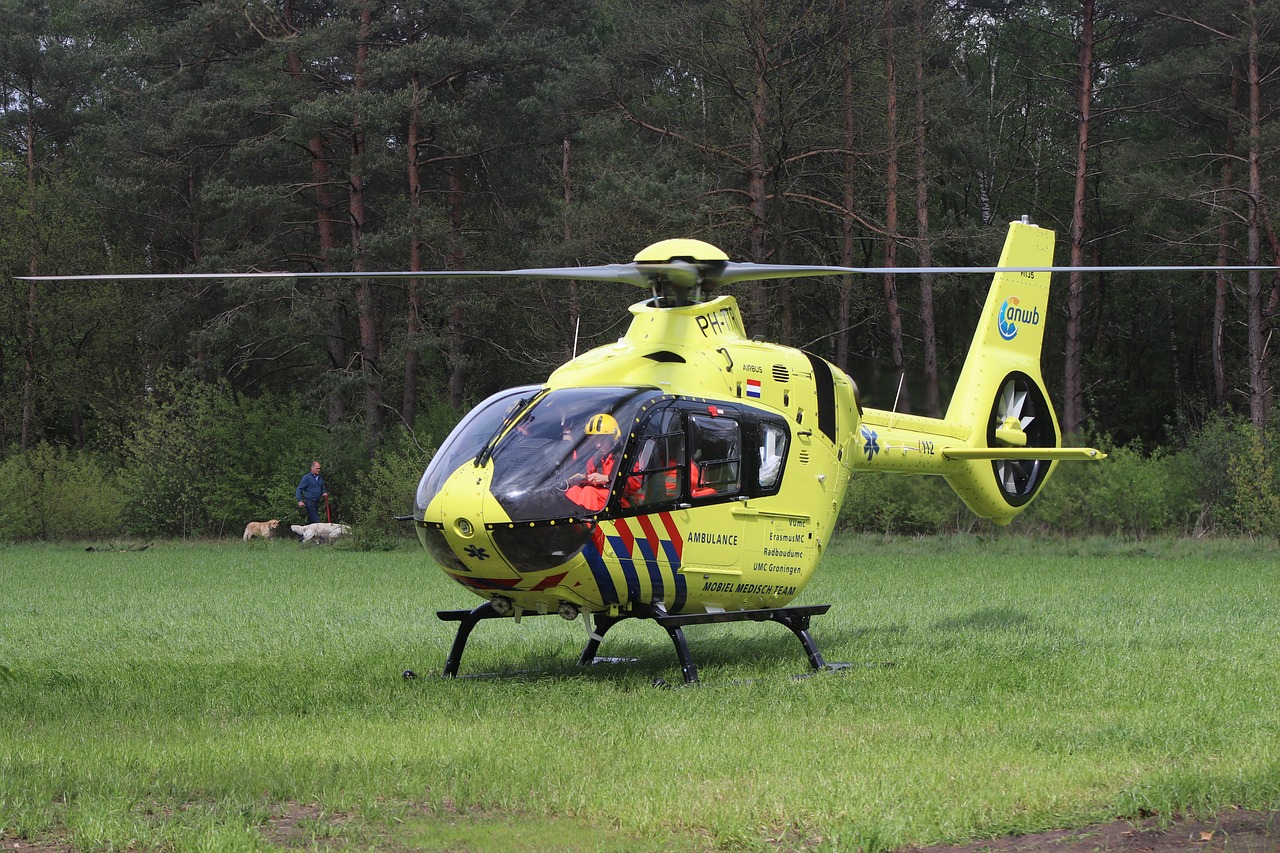
In 1997, I applied for radiology. At the time, I was not quite sure about my future radiology residency career. So, I decided on the best back up plan if I was to bail on radiology. Logically, therefore, I decided to complete a one-year internship at Beth Israel Medical Center in Manhattan in Preliminary Medicine. I considered that at least if I decided to forego the radiology residency, I still had the opportunity to utilize that year as a time that would count toward an internal medicine residency program. In hindsight, it may not have been the best decision for a future radiologist such as myself (although it was an excellent program!). But, it worked for me at the time based on my circumstances back then. Hell, most critically, I got to spend a year in Manhattan!
So, how should you decide on which internship to complete? Even though I had made a decision one way, and perhaps not the best way, I will give you a few basic concepts that you can use to make that decision. Some of the factors should depend on your goals and desired location. As usual, I will slice and dice the categories to help you, in particular, make the correct decision for your situation. I will divide it up as follows:
1. Rules for the budding radiologist who is not sure of their future specialty,
2. Guidelines for the future interventional radiologist
3. Advice for the subspecialist radiology.
Additionally, click on this ACGME link for the list of approved PGY-1 years for radiology. (You can’t use pathology to satisfy the requirements anymore!)
What Type Of Internship Should I Chose?
General Radiology (Not Sure What You Want To Do!)
Contrary to what everyone says when they want to start radiology during the interview season, everyone does not want to do interventional radiology. Instead, most folks have no idea what they want to pursue. And that is more “normal” than anything else. So, what is usually the best internship in this situation for the budding radiologist?
Typically, the majority of these folks would benefit the most from a transitional year. Why? It allows you to survey multiple areas within all of medicine. And as most of you already know, radiology also encompasses a good chunk of most medical specialties. So, to see lots of clinical scenarios in different specialties makes the most sense for the average new resident. Plus, these residencies tend not to be as intensive as others (but not always!) Remember, your goal is not to become a practicing internal medicine physician. Instead, you want an excellent overview of the world of medicine.
Interventional Radiology
For those of you that have their heart set on interventional radiology or you think that you will eventually pursue this avenue, I would recommend you to consider a preliminary surgical internship. This internship tends to be the most hours (but not always!). But, it is also the most procedural. And guess what? So is interventional radiology. Therefore, I believe that a surgical internship does prepare you the best for this eventuality. Consider it even though you may need to power through this internship!
Subspecialty Radiology
OK. For the rarer medical student, some of you may have your heart set on pediatric radiology, women’s imaging, or neuroradiology. Well, I can still make a case for the transitional year because of the variety of specialties that will reinforce your radiological education. However, for many of these folks, I believe you could consider a specific prelim year that will support your radiology practice later on in life. For instance, a neurology internship could help with neuroradiology later on. And, ob-gyn could provide a boost to your clinical knowledge if you decide to go into women’s imaging. That’s something to think about if you choose to take this route, and you are sure which subspecialty that you will practice.
Which Location?
As an intern, I will categorize the different sorts of interns into two types — the young and the restless and those that already have a family. And I will advise both.
Young And Restless
For this sort of individual, you should think about not just the type of internship. But also, consider a place where you have can pursue an active lifestyle. Do you want a good dating scene or do you like to go ice climbing in the winter? Try to pick a place where you will have things to do outside the realm of an internship. The prelim year is a nidus for burnout with long hours and occasional irrelevance to a future career in radiology. So, make sure to choose a location where you have a convenient choice of activities to do when you leave work!
Family Oriented
Then, some already have an established family. For these sorts, think about picking a location that would cause you and your significant others to be the happiest during the tough year of internship. Whether it’s excellent schools or finding a place to reduce your chances of repeatedly moving from prelim year to radiology residency, these considerations tend to be different from the “young and the restless”!
Which Should Win Out For Internship- Type Versus Location?
Well, this is the million-dollar question. Often, you can’t have it all. Perhaps, where you want to be where there is no transitional year? Or, the neurology internship is only in specific locales? So, in these more unusual situations, you will make the best of it. You need to make that final decision about what is most important to you in your own life. For me, being in Manhattan was a critical decision for that internship year. But, I can see how the sort of residency could sometimes trump location. It all depends on your life stage and situation.
What Happens If You Make The Wrong Choice?
I have some good news. If you do make the wrong choice, it’s not the end. Remember, it’s only one year (although it can seem like an eternity at the time!). So, if you decide to complete a prelim surgical internship and you choose to work as a diagnostic radiologist instead of an interventionalist, the world will not explode. You will still learn things that you will take into whatever specialty you decide to pursue.
The Prelim Year- All The Options!
So, there you have it, my take on the choices that you should consider for your prelim year. Regardless of what path you select, you will begin anew when you first start radiology. And, eventually, that internship year will become a distant memory. But, at least, you now have the basic guidelines to make the best-informed choice!











